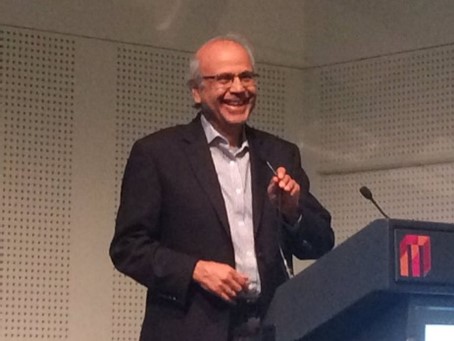Key Outcomes & Themes in the Course
Systems Perspective and Analysis:
This theme focuses on developing a systems-oriented mindset, including understanding different worldviews and applying systems thinking principles. This involves seeing the world as interconnected and recognising the limitations of linear thinking. It also focuses on using tools like causal loop diagrams (CLDs) to analyse complex problems and using the four levels of thinking (iceberg model) to understand deeper systemic issues. A key element is the ability to identify and understand the various elements within a system and their interactions, moving beyond a focus on individual components. This includes recognising that cause and effect are often not closely linked in time or space, and understanding that "the whole is greater than the sum of its parts".
Navigating Complexity and Change:
This theme centres on understanding and leading within complex adaptive systems (CAS). This includes differentiating between complicated and complex systems and applying the properties of CAS, such as emergence and self-organisation, to real-world scenarios. It involves recognising patterns and understanding how systems evolve, and it involves developing adaptive leadership skills necessary to navigate uncertainty and complexity. Additionally, it looks at frameworks for managing change, including the need to understand stakeholder perspectives and how to build change momentum.
Application and Reflection:
This theme stresses the importance of applying systems thinking to real-world problems and reflecting on these applications. This includes using case studies to demonstrate the application of systems thinking and using reflective journals to document learning and insights. It includes the use of systems thinking tools for problem-solving, and also includes understanding the limitations of traditional approaches and the need for alternative managerial interventions. A key element of this theme involves understanding how mental models and different perspectives influence outcomes as well as how to achieve consensus when conflict arises.



